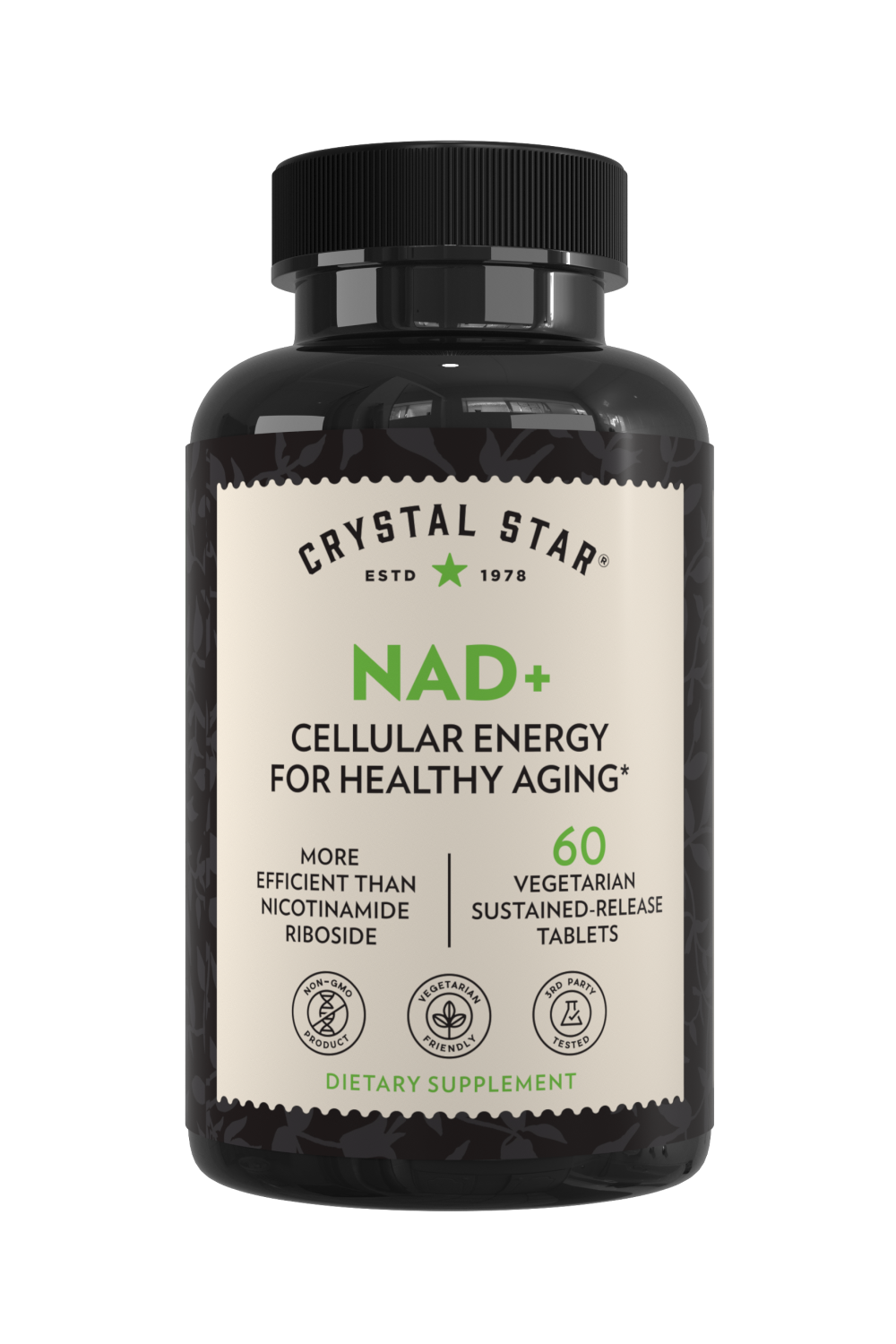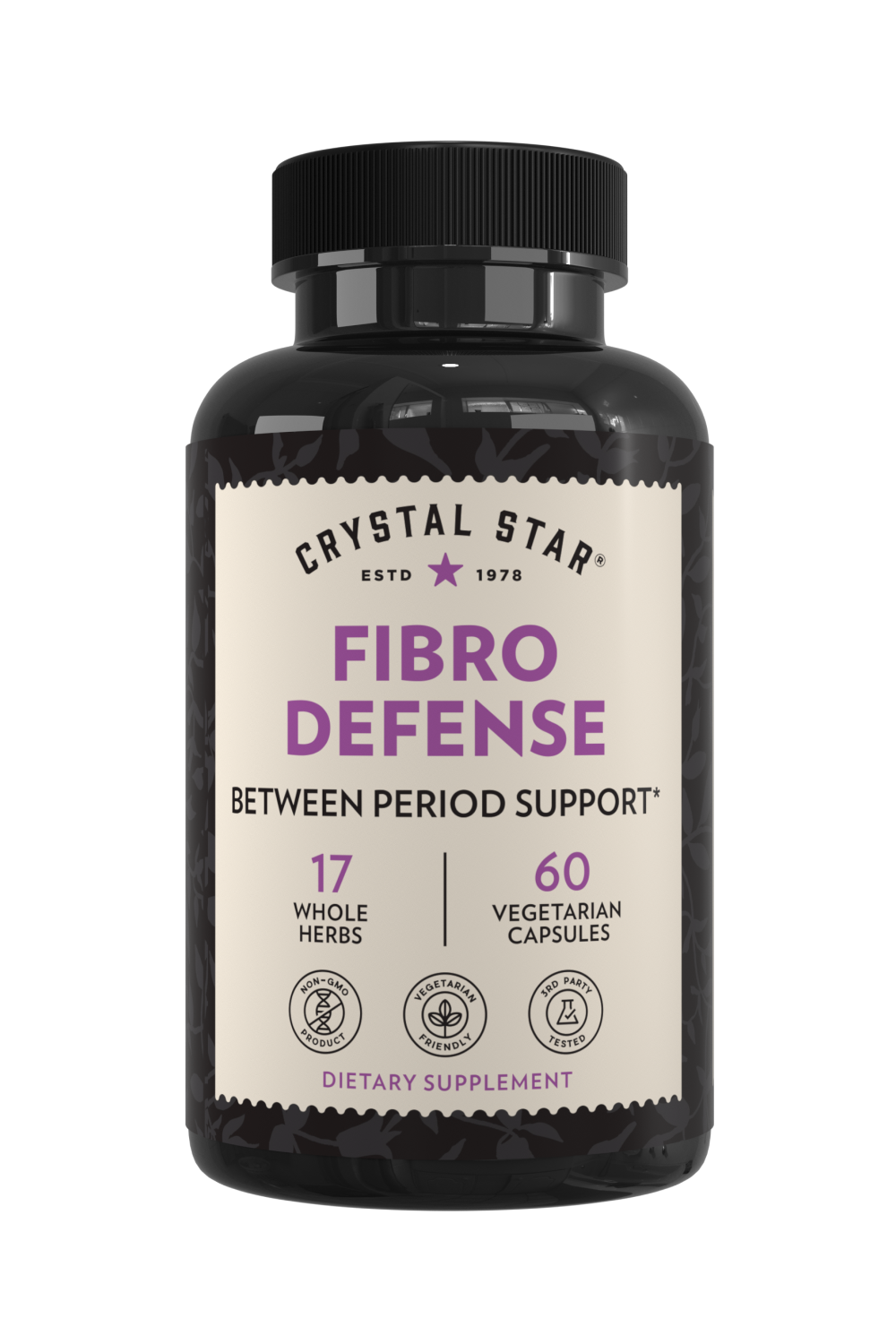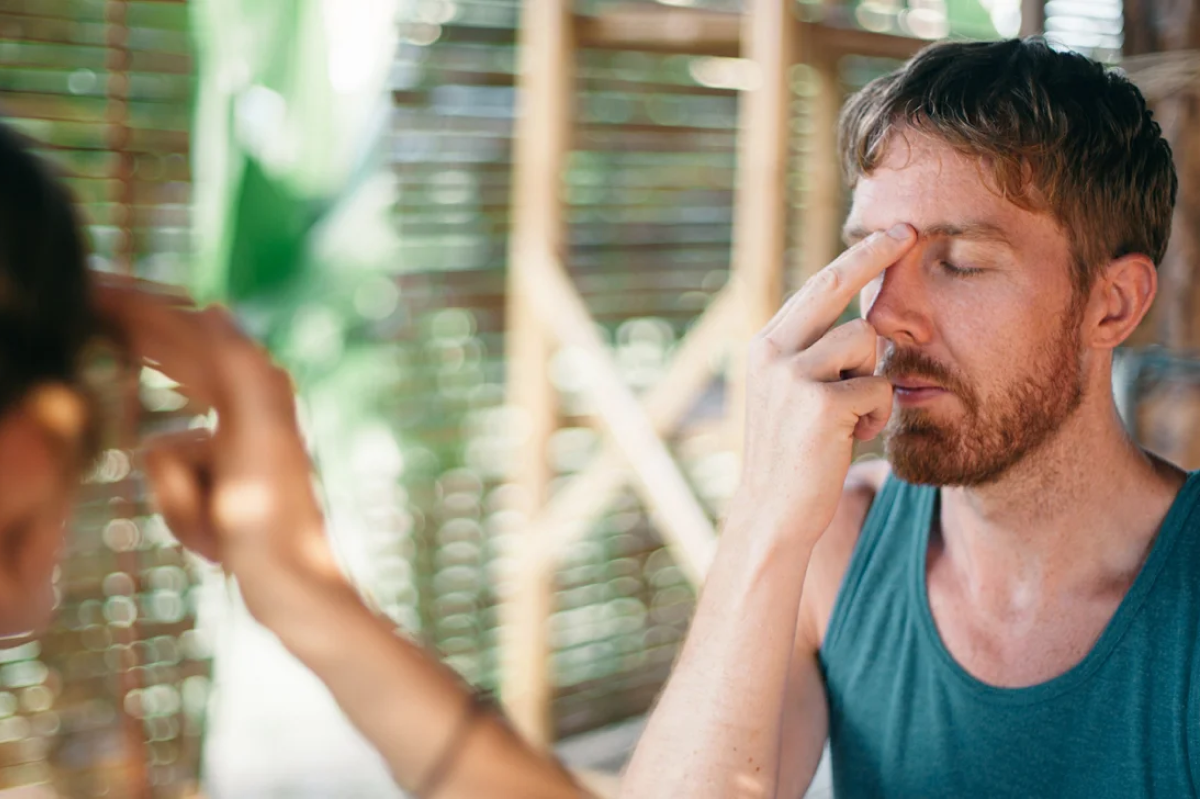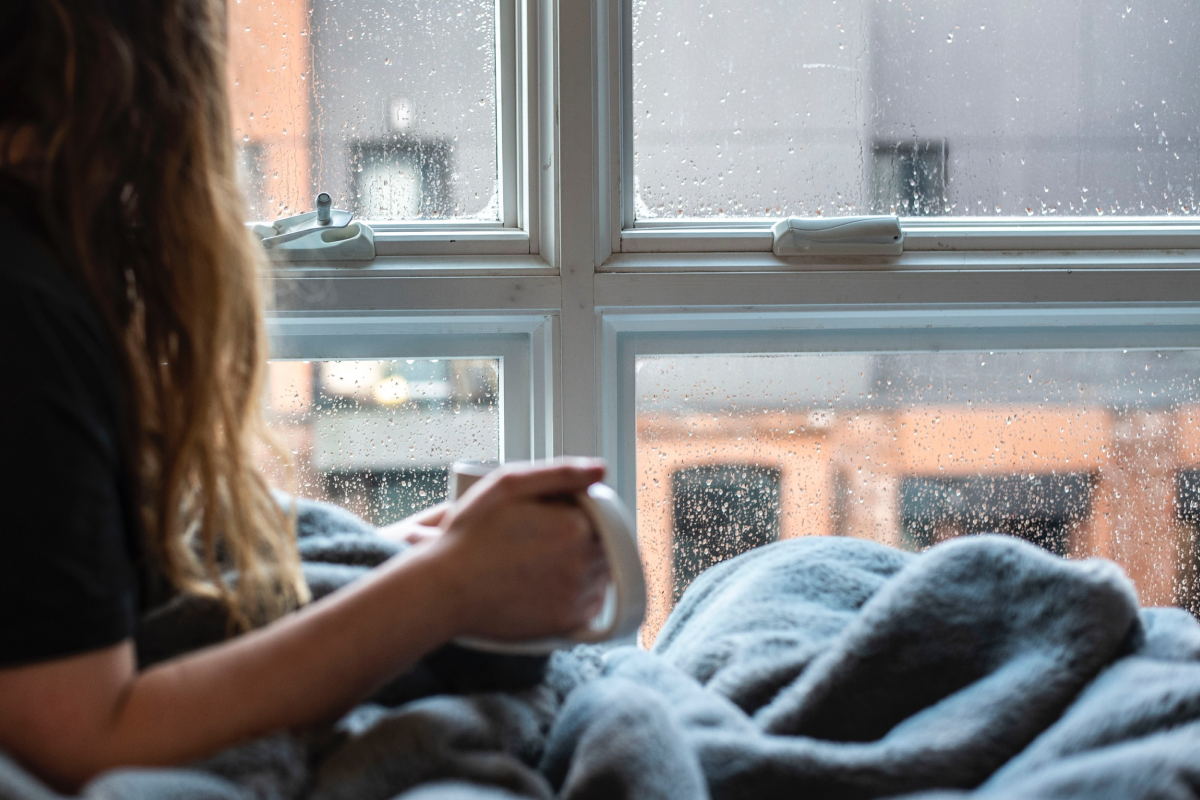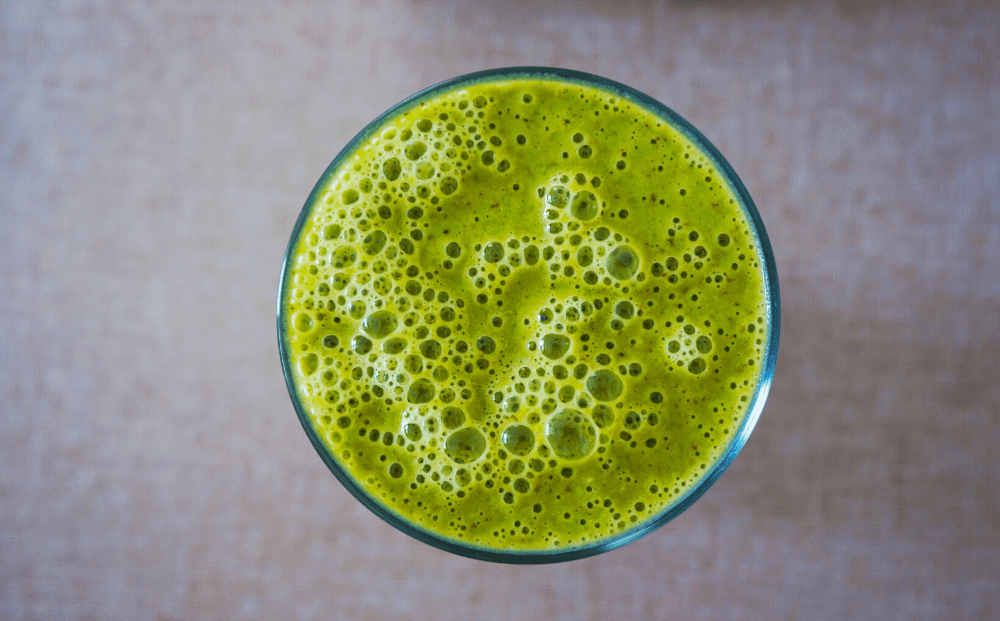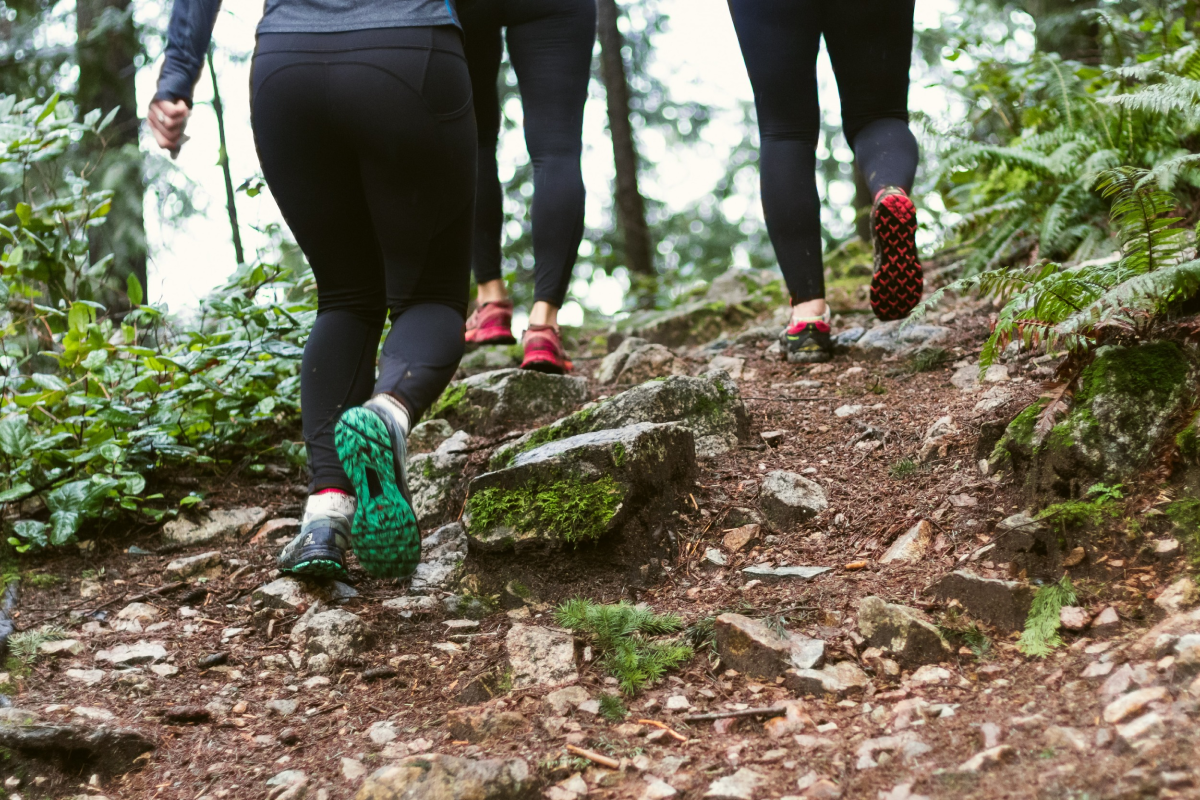
HOW CAN YOU PREPARE YOUR BODY FOR A PANDEMIC?
There’s a lot that we don’t know about SARS-CoV-2, the coronavirus that causes COVID-19. We don’t know exactly how far it can spread outside when walking or running, why some otherwise healthy people get so much sicker than others, or when and how we’ll be able to safely have birthday parties or go to the movies.
But we do know a lot about the human immune system—how resilient and adaptable it can be, and how to boost its resilience against other kinds of viral infection. So while there are no randomized controlled trials that look at the effectiveness of these techniques against COVID-19, they are safe, free, easy, and based on our understanding of your immune system’s response to viral infection.
1. SLEEP
Sleep is essential to optimal immune system health. One of the best things we can do for ourselves during this uncertain time is to ensure that we’re getting 7-9 hours of sleep each night.
THE RECOMMENDATION:
A great way to accomplish this is to adopt a sleep routine. By going through the same routine around the same time each night, you’ll signal to your body that you’re preparing for bed and you’ll find that you start feeling sleepy around that time each night.
If you have a hard time getting to bed at a decent hour, try one or more of the following:
- If you typically go to bed late, try moving your bedtime up by 15 minutes each week until you achieve your desired bedtime
- Use blackout curtains to prevent excess light from getting into your bedroom
- Avoid working, watching TV, doing homework, or completing any other work or school-related tasks in your bedroom. Instead, use your bedroom for sleep only.
- Consider getting blue-blocking glasses and/or putting blue-blocking apps such as f.Lux on your computer and phone
- Take a warm shower or bath before bed
- Avoid eating within three hours of your desired bedtime
- Consider drinking relaxing herbal tea such as Chamomile or Passion Flower before bed [1] [2]
THE SCIENCE:
In one 2002 study, researchers looked at the effect of sleep deprivation on the immune system’s response to the influenza virus.[3]
They took a small group of people who regularly got between 7.5 and 8.5 hours of sleep per night and divided them into two groups. One group continued with their regular sleep routine while the other slept for only four hours per night for six nights, then 12 hours per night for a week to recover.
After the fourth night, both groups were exposed to influenza via vaccination with the flu vaccine. Over the course of 30 days, the group that was sleep-deprived produced less than half the amount of antibodies to the virus than the group that was getting sufficient sleep. In other words, even after getting extra sleep to recover, the immune systems of the people in the sleep-deprived group simply weren’t able to mount as powerful of a response to the virus.
Why do antibodies matter?
Because antibodies play an important role in protecting us from being infected in the future or, if we do get infected, they typically lessen the severity of the infection. Viral vaccines such as the flu vaccine work by exposing us to certain proteins on a virus. Our immune systems then respond to these proteins by producing antibodies specifically designed to combat that particular virus.
The results of this study suggest that a lack of sleep could reduce the body’s ability to fight off viral infection when we’re sleep deprived compared to when we are getting adequate amounts of sleep.
2. HYDROTHERAPY
Hydrotherapy is simpler than it sounds—it’s the use of water (or steam, or ice) to modulate body temperature and influence body function.
Contrast hydrotherapy is a special type of hydrotherapy that uses alternating hot and cold applications of water (think jumping into the snow after a sauna).
THE RECOMMENDATION:
Contrast showers are one of the simplest forms of hydrotherapy.
To do a contrast shower, simply take a shower as hot as you can tolerate (without burning yourself) and end with 30 to 90 seconds of cold water. The cold phase should be as cold as you can tolerate. Ideally, you should repeat this for three cycles. If you do multiple cycles, your first hot phase will likely be longer, but subsequent hot phases can be as short as three minutes.
Contrast hydrotherapy is not the best choice for people with diabetic neuropathy or any other condition that causes impaired sensation. If you have problems with sensation, are at increased risk for burning yourself for other reasons, or are pregnant, it may be best to avoid contrast hydrotherapy.
THE SCIENCE:
Recent research suggests that the SARS-CoV-2 virus may suppress type 1 interferons, which are proteins that regulate immune system activity.[4] Type 1 interferons are one of the first types of inflammatory messengers that are secreted when we are infected with a virus.[5] They help promote our bodies’ antiviral response in order to prevent the virus from replicating and clear the infection. Type 1 interferons do this in part by activating critical immune cells, such as monocytes.
In support of the idea that the SARS-CoV-2 virus may suppress the activity of type 1 interferons until later on in the disease process, a case study found that COVID-19 may cause lower levels of circulating monocytes in the blood in the early phases of infection.[6] Interestingly, the hot stage of hydrotherapy simulates a fever and increases monocyte activity.[7] Acute exposure to cold modulates the immune system as well.[8] Cold exposure increases circulating white blood cells, especially natural killer cells. Natural killer cells are a type of cell that helps to contain viral infections by killing our cells once they have been infected with a virus.
Contrast hydrotherapy may be an effective means of immune support because it increases white blood cell types that are low during SARS-CoV-2 viral infection and increases circulation so that virus-fighting immune cells are better able to accomplish their jobs.[9]
Research conducted during an influenza epidemic showed that people practicing contrast showers for 30 consecutive days had a significant reduction in missed work days due to sickness, suggesting that their symptoms were less severe.[10]
YOU CAN DO MORE THAN YOU THINK
There’s currently no cure or preventative treatment for COVID-19, and that’s frightening. But we can still take care of our bodies by practicing social distancing guidelines, eating well, staying fit, and sleeping as much as we can. Hydrotherapy with contrast showers is another simple, weird, and scientifically wonderful way to keep your immune system in shape in this stressful time. (It’s also a refreshing way to wake up in the morning).
Be kind to yourself and, as always, consult your healthcare provider before implementing new lifestyle regimens, especially if you have any underlying medical conditions.
Resources:
CDC https://www.cdc.gov/media/dpk/diseases-and-conditions/coronavirus/coronavirus-2020.html
WHO https://www.who.int/emergencies/diseases/novel-coronavirus-2019
State Health Department
University of Washington (projections) http://covid19.healthdata.org/united-states-of-america/georgia
[1] https://pubmed.ncbi.nlm.nih.gov/26483209/
[2] https://www.ncbi.nlm.nih.gov/pmc/articles/PMC5699852/
[3] https://jamanetwork.com/journals/jama/article-abstract/1032061
[4] https://pubmed.ncbi.nlm.nih.gov/32105090/
[5] https://www.frontiersin.org/articles/10.3389/fimmu.2018.02061/full
[6] https://www.nature.com/articles/s41591-020-0819-2
[7] https://pubmed.ncbi.nlm.nih.gov/12060966/
[8] https://pubmed.ncbi.nlm.nih.gov/10444630/
[9] https://pubmed.ncbi.nlm.nih.gov/32105090/
[10] https://journals.plos.org/plosone/article?id=10.1371/journal.pone.0161749

